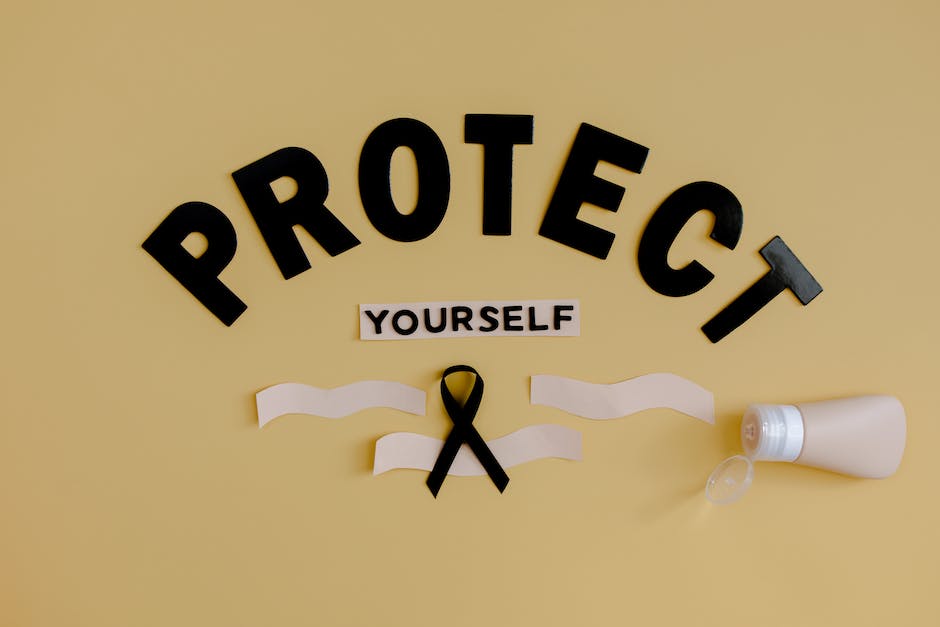Being outdoors and in nature is an amazing experience – and it can be an even more enjoyable one when it’s free from risks of illnesses or infections! One of the most common health risks that people face while camping is tick bites, as ticks often live in wooded, grassy, and other outdoor areas. Taking the proper precautions while camping can help you protect yourself from tick bites and other illnesses. Read on to learn how to protect yourself from ticks while camping.
Awareness and Knowledge
Understand Your Risk
It’s important to understand what types of areas put you at risk of tick bites. Ticks typically live in wooded, grassy, and other outdoor areas, so it’s important to be aware of your surroundings when camping. Additionally, ticks are most active from April to September, so you should be more cautious during those months. Be sure to do your research about the area you’re camping in to get a better sense of the tick risk you may be facing.
Identify the Ticks
It’s important to be able to identify a tick. Ticks are small and often attach themselves to their host’s skin, so they can be difficult to spot. It’s helpful to research what a tick looks like in order to be able to identify it easily. Knowing what to look for will enable you to be prepared to act.
Preventative Measures
Use Insect Repellent
Using insect repellent is one of the most effective measures you can take to protect yourself from ticks. Repellents that contain DEET, picaridin, IR3535, oil of lemon eucalyptus (OLE), para-menthane-diol (PMD), or 2-undecanone are proven to be the most effective. Repellents that contain permethrin can also be applied to clothing. Always follow the directions on the repellent label and apply as directed.
Cover Your Skin
Wearing long-sleeved shirts and long pants can help protect you from tick bites. Make sure to tuck in your shirt, wear light-coloured clothing, and use rubber bands to secure your pant legs to your socks. Additionally, wearing a hat and closed-toe shoes will help prevent ticks from attaching themselves to you.
Avoid Perfumes and Colognes
Ticks are attracted to scented substances, so it’s important to avoid wearing perfumes and colognes when camping. Additionally, avoid wearing brightly-coloured clothing as it may attract ticks.
Check for Ticks
Conduct Regular Check-Ins
Conduct regular check-ins with yourself and your family to check for any ticks that may have attached themselves to you. It’s important to check areas such as around your ears, the back of your neck, and any other areas of exposed skin.
Do a Thorough Check
If you’ve been camping, it’s important to do a thorough check when you get home. Check behind your ears, back of your neck, and groin area carefully. Also, check your clothing and wear gloves while conducting the search. If you find a tick, it’s important to remove it as soon as possible.
Questions People Also Ask
What do I do if I find a tick on me?
If you find a tick on you, it’s important to remove it carefully. Use tweezers to grasp the tick as close to the skin as possible and pull it straight out. Clean the area of the tick bite with soap and water.
Are ticks active in the winter?
Ticks are active throughout the year, although they tend to be more active and pose more risk during the spring and summer months. Take extra precautions during those months.
How long can a tick stay attached?
Ticks can stay attached to their hosts for up to a few days, so it’s important to check yourself regularly.
Do ticks stay on clothes?
Ticks may stay on clothes but they’re not likely to feed or stay attached for longer than 24 hours. It’s still important to check your clothes in case any ticks may be present.
Final Words
Taking the proper precautions when camping can help you protect yourself from tick bites and other illnesses. Being aware of your risks and what to look for, as well as understanding preventative measures and proper checking techniques, are essential to keeping yourself safe from tick bites and other infectious illnesses. Be sure to use insect repellent, cover your skin, avoid perfumes and colognes, and conduct regular checks to best protect yourself from ticks while camping.

